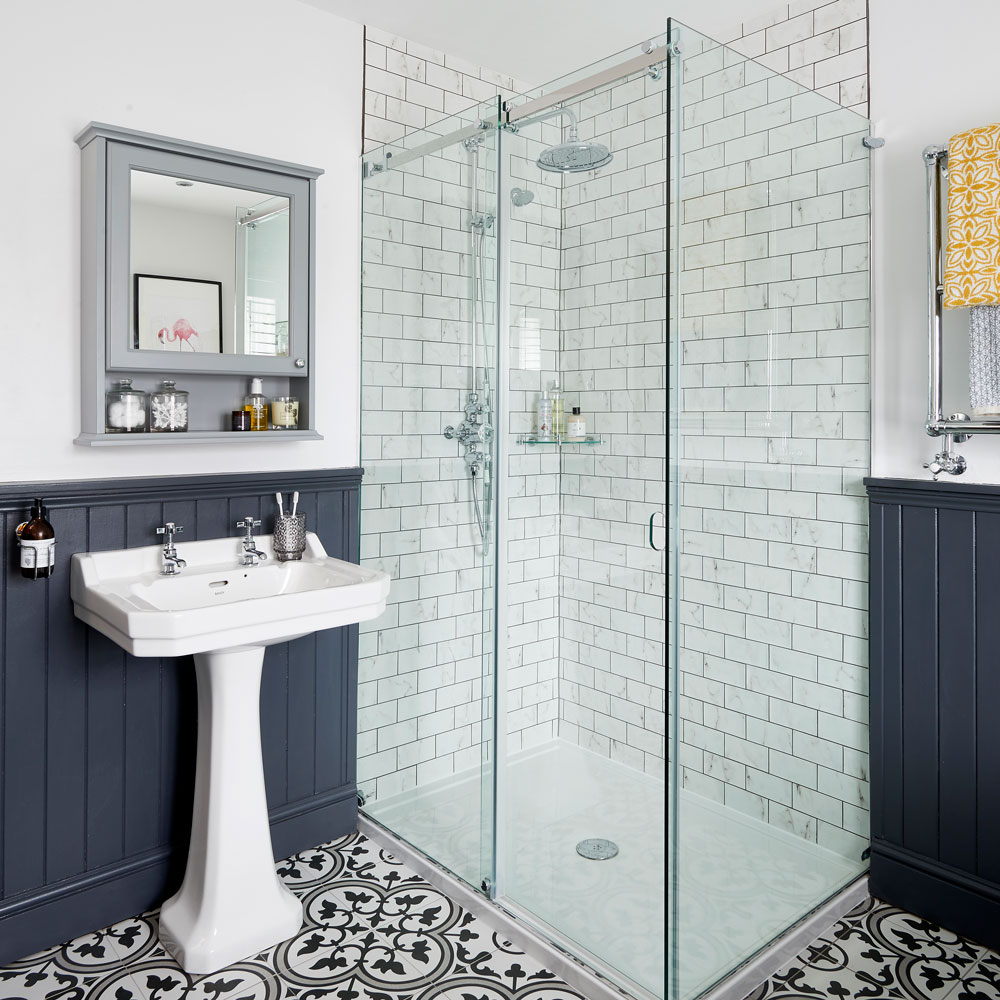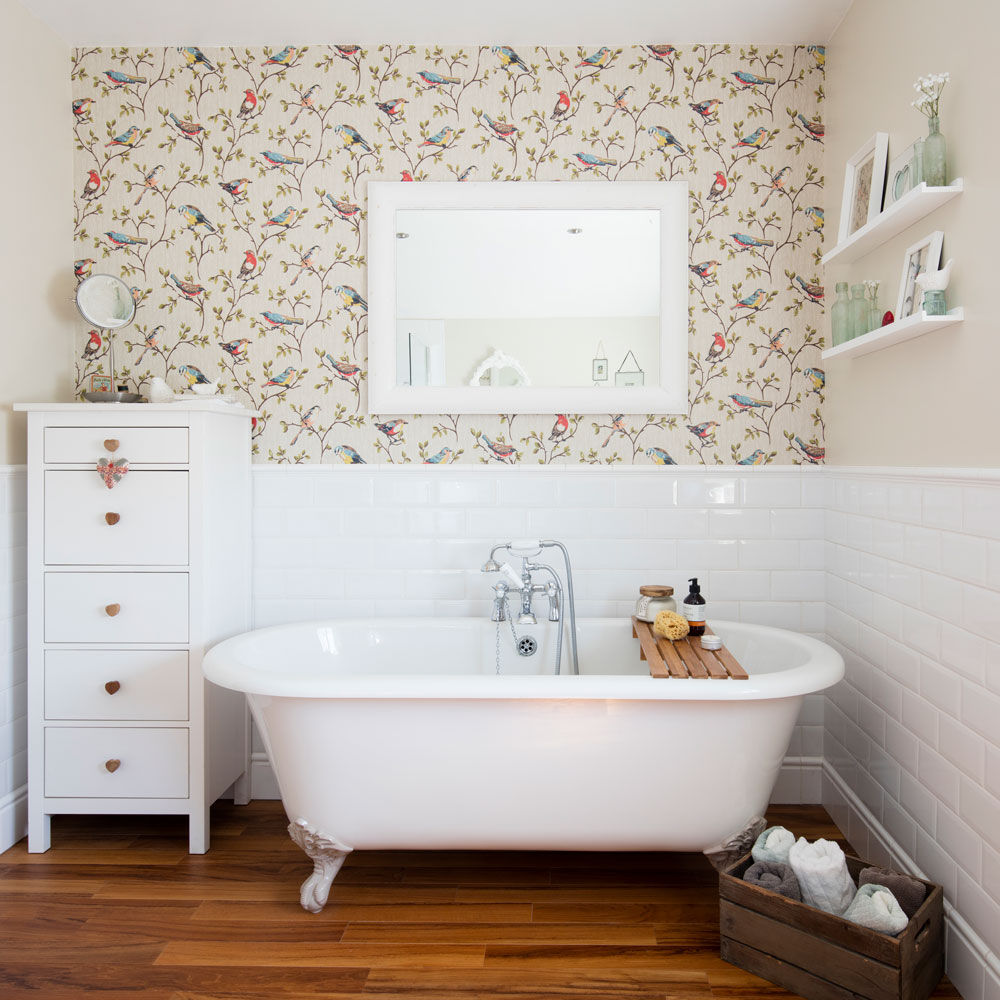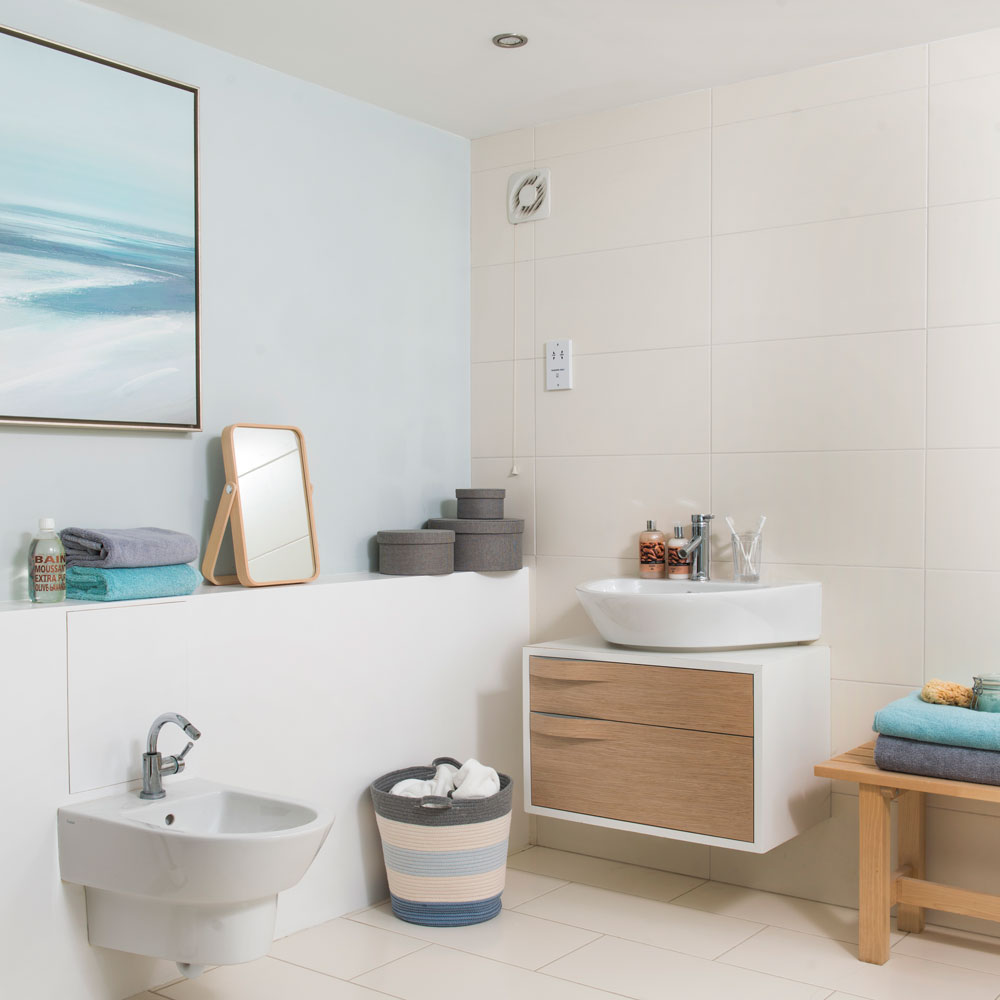Is your bathroom breaking the law? Here’s how it could be illegal!
Does this wash with you?
Sign up to our newsletter for style inspiration, real homes, project and garden advice and shopping know-how
You are now subscribed
Your newsletter sign-up was successful
There's a lot to consider when planning your dream bathroom. From the colour and style of your bathroom suite to the smaller details ranging from tap finishes to storage solutions.
Bathroom makeovers: Before and after: from tired, disjointed bathroom to traditional-meets-modern haven
But while homeowners may be busying themselves with tasks such as laying down the tiling, they may be completely unaware that their water company could lay down the law on what they can and can't install in their bathroom.

Figures from the Water Regulations Advisory Scheme (WRAS) show that 60 per cent of homeowners are unaware that they need to seek permission from their water company for installing specific water fixtures in their home such as large baths and some types of bidets.
In a similar vein to building regulations homeowners will need to ensure that plumbing work complies with UK water regulations and byelaws. Despite this fact the figures showed that 62 per cent of those questioned said they didn't know whether they had to inform their water company when installing a large bath (one holding more than 230L).
A further 25 per cent revealed that they believed that they didn't need to tell their water company of this planned work.

60 per cent of homeowners are were also oblivious to the fact that they are legally required to tell their water company if they are installing a bidet featuring an ascending spray or flexible hose. If these are incorrectly installed they could risk contaminating drinking water, which water companies are responsible for safeguarding.
Sign up to our newsletter for style inspiration, real homes, project and garden advice and shopping know-how
Commenting Julie Spinks, Managing Director of WRAS, said: 'If you’re planning any type of new plumbing installation, it’s well worth taking a few minutes to seek professional advice from your local water supplier, or a WaterSafe approved plumber who is familiar with the regulations.
'Getting permission is quick and free, but failure to notify your local water supplier could result in extra cost to put poor plumbing right, or worse, contamination of water supplies and a court prosecution.'

Other types of plumbing work that you need to inform your supplier of, include:
A more comprehensive list is included is included on the WRAS website.
Bathroom Bliss: Before and after: from bland bathroom to a space to enjoy every day
Could you be guilty of flouting bathroom laws?